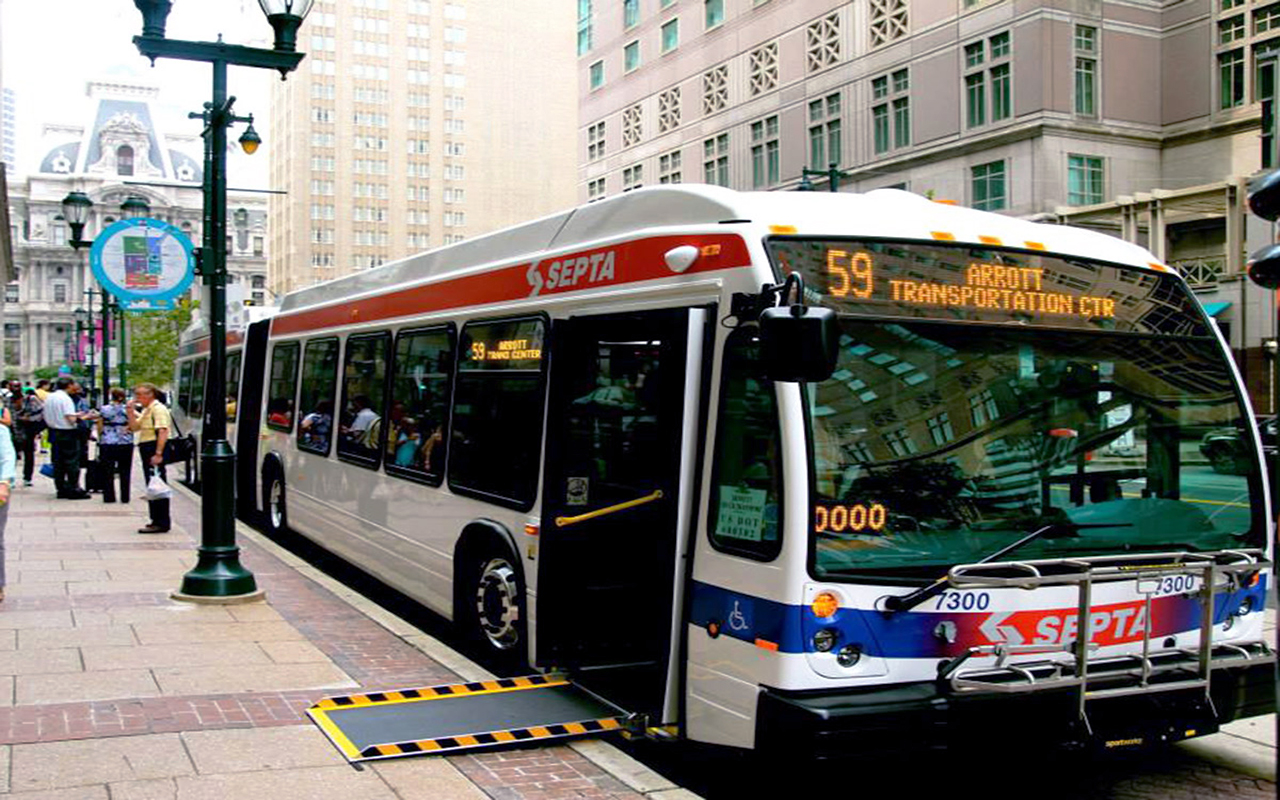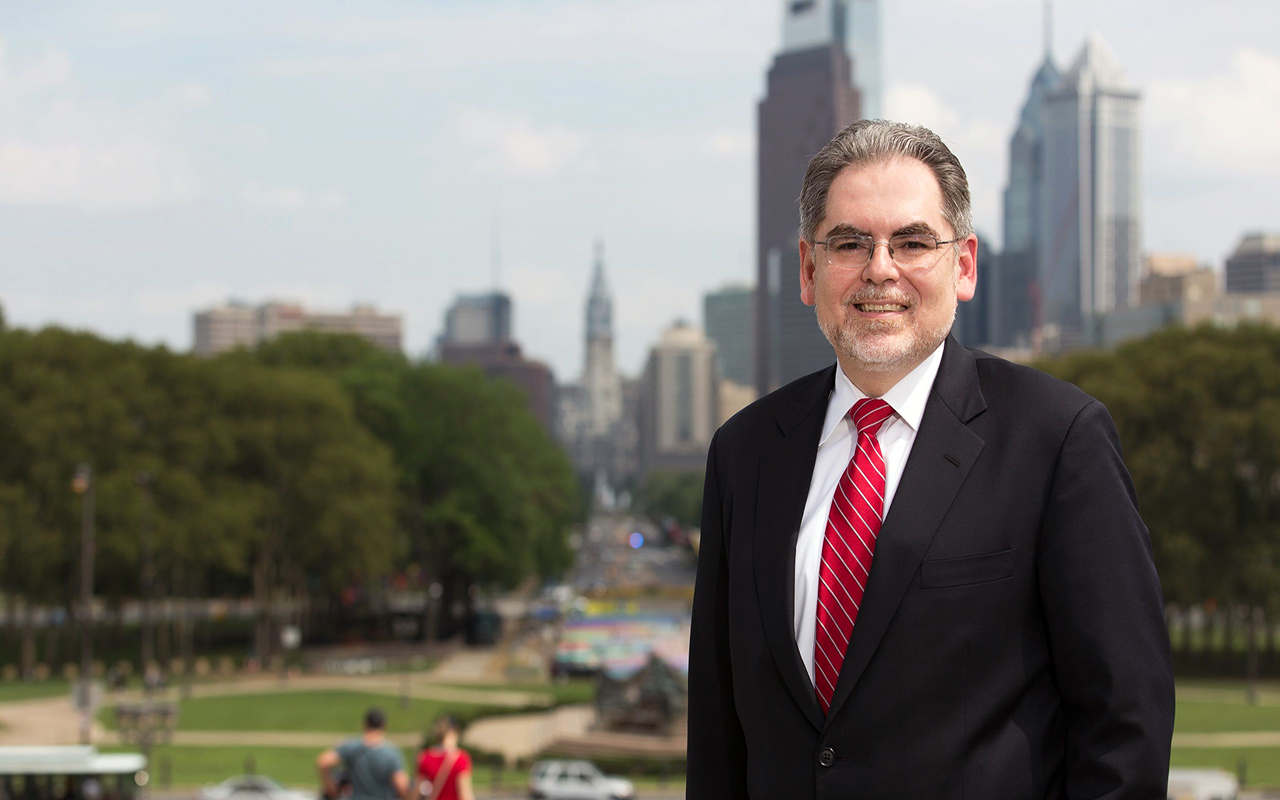
Report confirms that tax shift could bring 80k jobs to Philly
If there is one area Philly hasn't been able to compete with cities like Washington DC and New York (who love to talk down to our city, by the way), it's jobs.
Philadelphia has lost a staggering 29 percent of its available jobs over the last four decades. And while the dark chapter of post-industrial job loss has ended, the city has done little to recoup those losses. DC's workforce, on the other hand, has grown by almost 14 percent in that same period, and New York has steadily added 3.2 percent.
Economists have long been criticizing the city's tax structure as the largest deterrent against job growth. Center City District Executive Director Paul Levy and Brandywine Realty CEO Jerry Sweeney developed a plan (dubbed the Levy-Sweeney plan) that targets two key areas for reform: reducing wage and business taxes, and doing so without revenue losses for the city. The Philadelphia Growth Coalition adopted the strategy and proposed it to City Council, where it has been with enthusiasm as well as major resistance over the last year.
None of this is news. The news is a recently released report by Econsult Solutions Inc. (ESI) that answers a lot of questions about how the proposal would work, and how the city could gain from it. ESI projects that, as suggested in its original proposal, the Levy-Sweeney plan would lead to some 79,000 jobs for the city over the next decade.
“Absent some significant change in course, Philadelphia is likely to experience static employment in the coming decade in which gains in economic up-cycles are erased by subsequent recessions,” said Richard Voith, president and principal at ESI.
Without significant tax reform, the city is on track to add just 18,000 jobs over the same period.
The lynchpin of the Levy-Sweeney plan is a state constitutional amendment that would permit the city to tax commercial property at a higher rate than it taxes residential properties. Through this tax shift, ESI's report predicts that the city would reach a "revenue positive" point within five years, compensate for the losses in wage and business taxes, and remain sustainably and predictably revenue positive for ten years. It would supply the city with its tax needs, while also encouraging more growth and thus growing the tax base.
As is, Philly's wage tax is the highest of the 50 largest cities in the U.S. The Philadelphia Growth Coalition says that it's 20 percent more expensive to run a business within the city than it is in the suburbs.
“Municipal taxation is not simply a means of raising revenue; it is an essential part of economic development," Voith coninuted in a statement. “To remain competitive within the region and to grow jobs for all neighborhoods, Philadelphia needs an even-handed approach to tax rates for all types of businesses and all for all parts of the city. ESI finds that the Growth Coalition’s proposal provides a far more competitive mix of taxes than the City’s current Five Year Plan.”
The report identifies additional benefits beyond revenue neutrality and job growth. A big one is that it would generate a significant boost in revenue for the cash-starved Philadelphia School District (PSD), which takes a portion of its funding from commercial real estate tax. Moreover, ESI identifies non-fiscal benefits of the tax shift. More jobs would lift families from poverty, and thus reduce the municipal costs associated with high poverty like social services, unemployment, public safety and criminal justice.
"The overall fiscal effect of a tax proposal is broader than its projected revenue implications alone, since policies that encourage economic growth may reduce the need for City expenditures and create more opportunities for its residents," the report reads.
City Council President Darrell Clarke came out in opposition of the big tax plan, saying that the numbers didn't add up. The Philadelphia Growth Coalition said in response that the figure Clarke cited were from an outdated draft of the plan.








DEJE UN COMENTARIO:
¡Únete a la discusión! Deja un comentario.